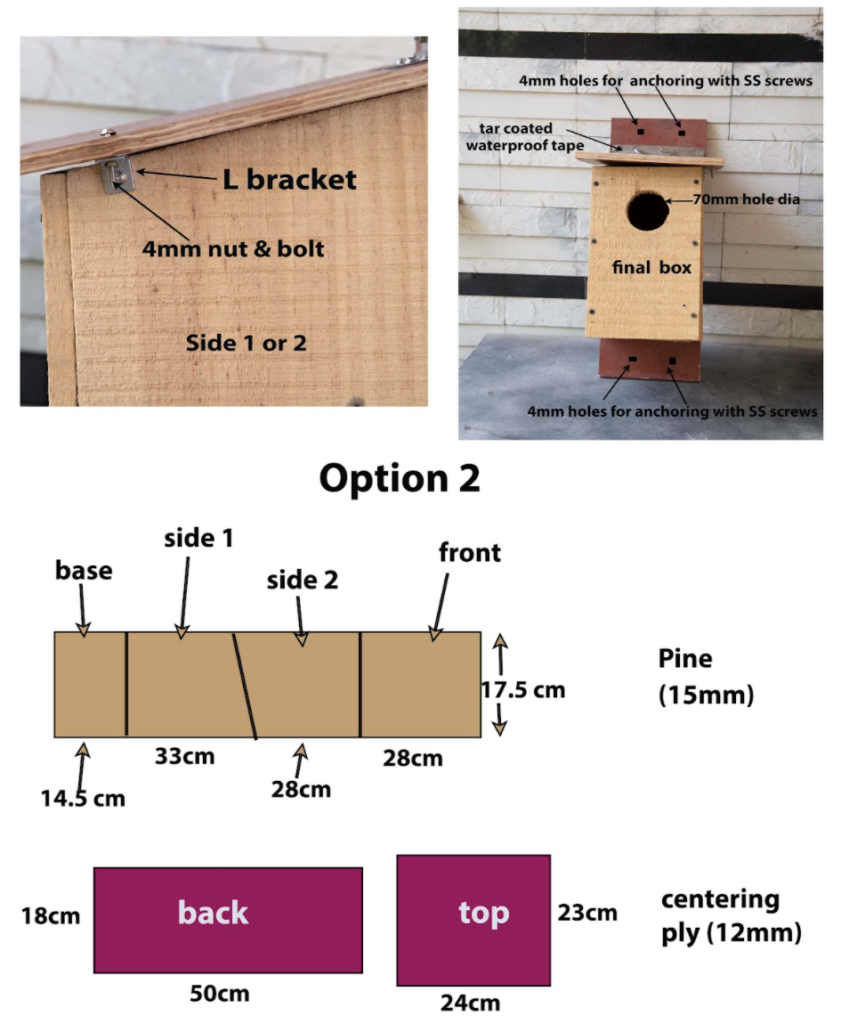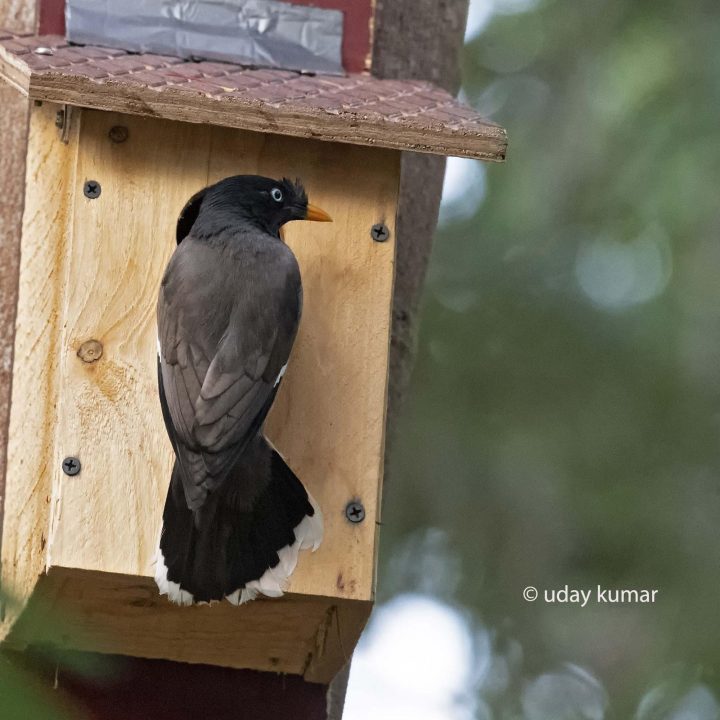
A Detiled checklist to be followed
Detailed Instructions
This page is detailed cheatsheet kind of, where you will get all the instruction to be followed to create a beautiful nestbox.
Consider these before you start.
Various factors contribute to building a beautiful long lasting nextbox and here are few which we feel are very important
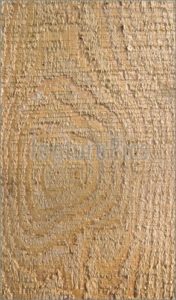
Selection of wood
Wood has been historically used to make nest boxes due to ease of workability, but other locally available materials can be considered.
General purpose plywood is not suitable for making nest box due to low resistance to outside elements. Pine is the most suitable material for making nest boxes as it is lightweight, durable and readily available as scrap wood. Recycled pine is available from 4” to 8” wide of varying lengths. Minimum thickness required is 15mm. Pine should not be planed or sanded as inside of the box needs to be rough. The top and back is made of centering plywood (water resistant) which is typically available in sizes of 8’ x 4’ and thickness of 12mm. Compressed centering ply is preferable as it has better durability.
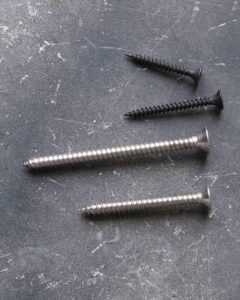
Selection of wood
Boxes are assembled together using black oxide coated steel screws with philips head. Nails are a bad idea as they rust over time making box maintenance an impossibility. Also neat boxes anchored with nails can fall to the ground with disastrous consequences. Stainless steel hinges are preferred over steel ones.
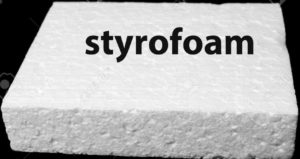
Wood measurement and cutting
There is a variation in thickness of recycled pine that needs to be taken into consideration before making the final cut. Slight variation in thickness (1-3 mm) will not make much difference. It is better for first timers to use ¼” thermocole (styrofoam) sheets to understand the role of thickness in box design. Circular entrance holes are cut using hole cutter attached to power drill. Square holes (using reciprocating saw) are also ok. If you don’t have the tools you can use local carpenter.
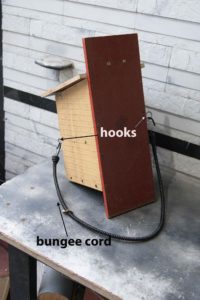
Nest Box assembly
The step by step assembly instructions for a 70mm hole dia box is pictorially shown below. It is important to pre-drill holes (3mm) before assembling with screws due to tendency of pine to split.
– Option 1: We typically use a combination of 20cm (base and sides) and 17.5cm (front) wide pine with centering ply (top and back) to build a 70mm hole box suitable for mid sized birds.
– Option 2: Shows the pieces required for 70mm dia box from 7” wide pine and centering ply. This is slightly smaller than option1, but adequate as it is still larger than nesting holes in trees.
NestBox building options
Let real testimonials do the speaking! Pick the best and display them in this section.
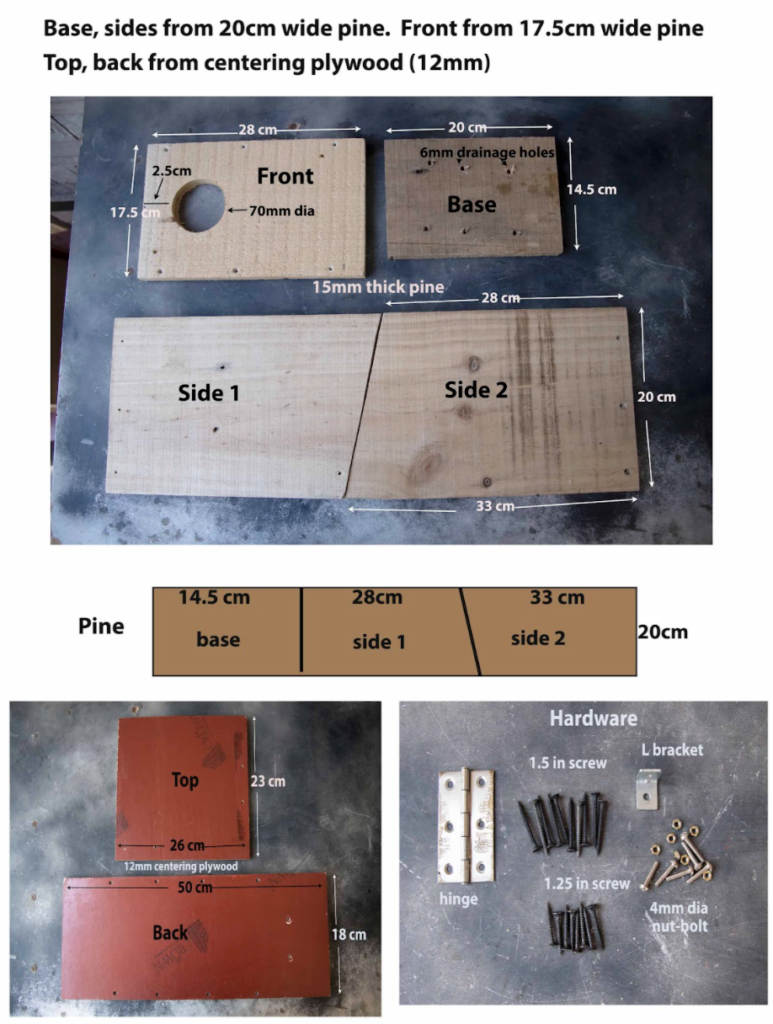
option-one
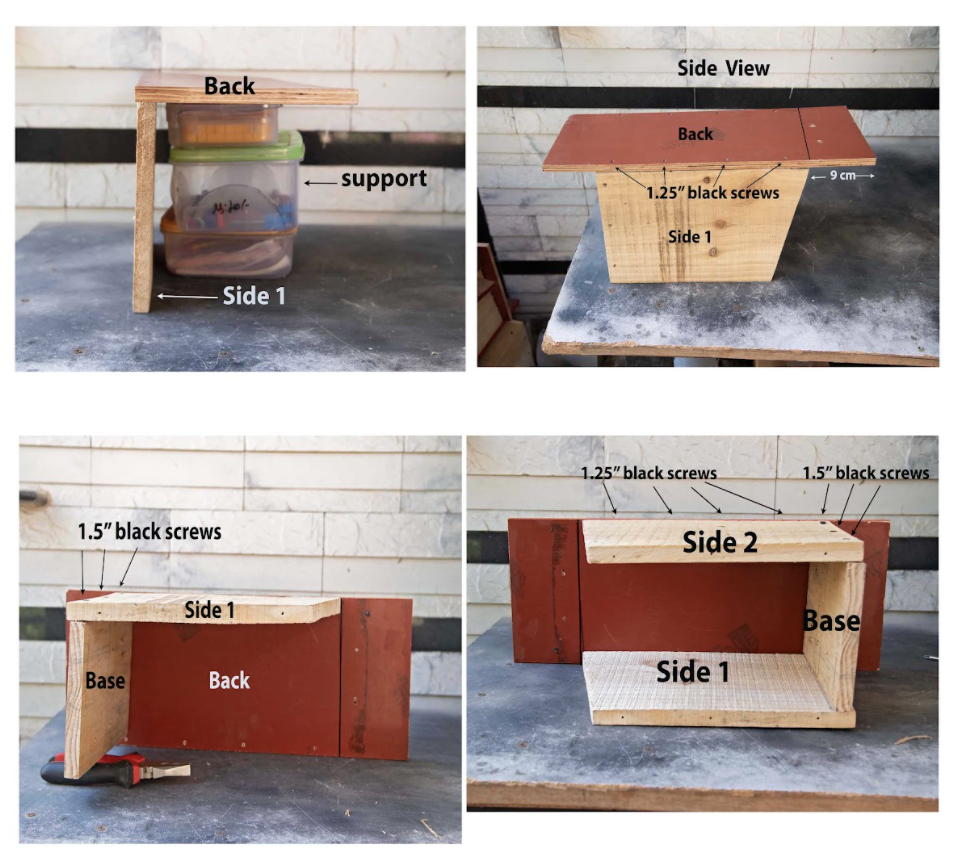
option-Two
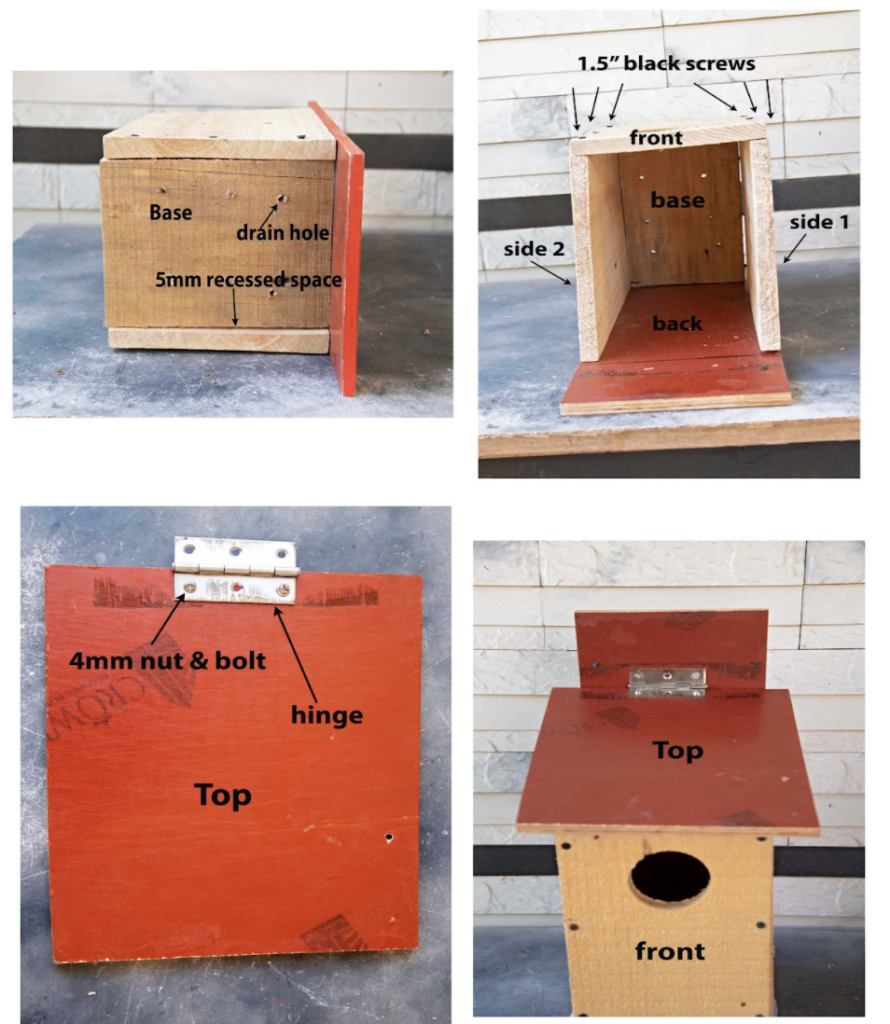
option-Three
